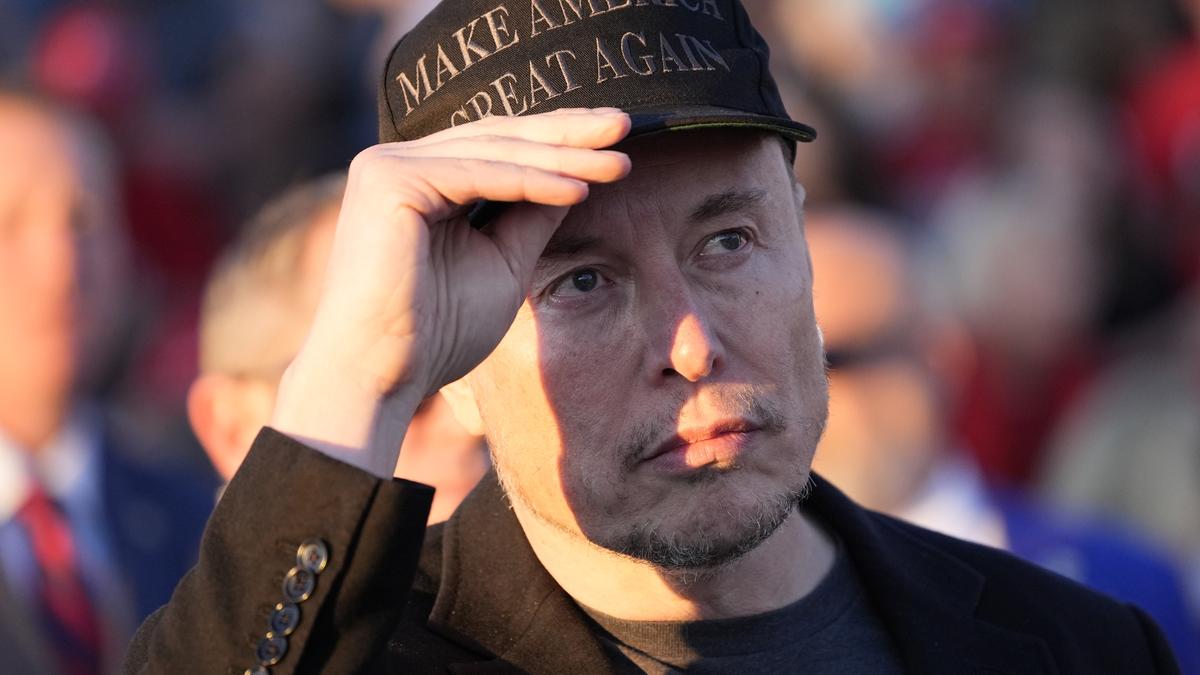Washington, D.C. – The Trump administration has pushed back against mounting criticism of the Department of Government Efficiency (DOGE), with officials drawing an unexpected comparison between the agency’s leadership and former First Lady and Secretary of State Hillary Clinton.
DOGE, a federal agency created to streamline government operations and reduce bureaucracy, has been at the center of controversy, especially after billionaire Elon Musk was tapped to lead the initiative. Critics argue that Musk’s role gives him unchecked power, while supporters believe his innovative approach is exactly what Washington needs.
Trump Administration Fires Back
In response to the backlash, a White House spokesperson defended the agency, stating that Musk’s leadership is no different from Clinton’s involvement in her husband’s administration during the 1990s. “People forget that Hillary Clinton played a significant role in Bill Clinton’s presidency. Elon Musk is doing the same thing for Trump helping reform government efficiency.”
The remark has sparked a new round of debates, with some seeing it as a strategic way to justify Musk’s authority, while others believe it’s a deflection from legitimate concerns about DOGE’s structure.
Legal Challenges and Growing Opposition
Despite the administration’s defense, DOGE is facing intense scrutiny from legal experts. A federal judge recently questioned the agency’s constitutionality, asking whether Musk’s position violates government oversight norms. Critics argue that DOGE is operating without proper checks and balances, making it a potential legal battleground in the coming months.
Opponents also point out that past government reform efforts, such as the Clinton-era “Reinventing Government” initiative led by Vice President Al Gore, took a more collaborative and measured approach. Unlike DOGE, the 1990s program worked within existing structures rather than attempting to overhaul them entirely.
What’s Next for DOGE?
With growing legal challenges and increasing public skepticism, the future of DOGE remains uncertain. While the Trump administration continues to push back against critics, the agency’s long-term viability will depend on whether it can withstand both legal scrutiny and political opposition.
As the debate unfolds, one thing is clear: DOGE has become one of the most controversial government initiatives in recent history, and its fate could set a precedent for how future administrations approach federal efficiency reforms.



